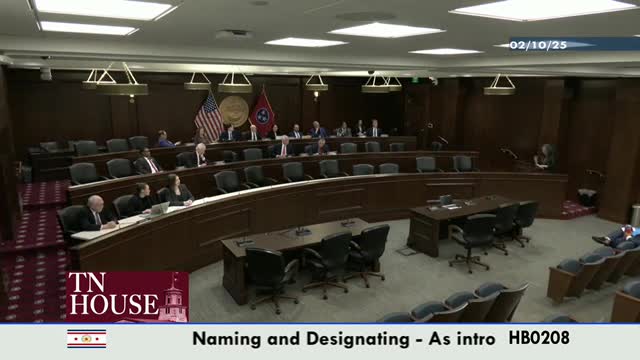Article not found
This article is no longer available. But don't worry—we've gathered other articles that discuss the same topic.
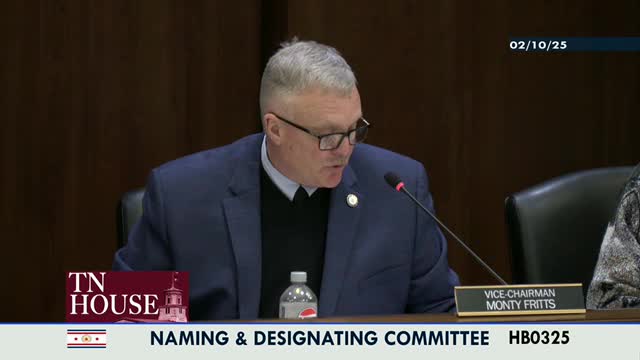
Committee rolls HB 346 for two weeks
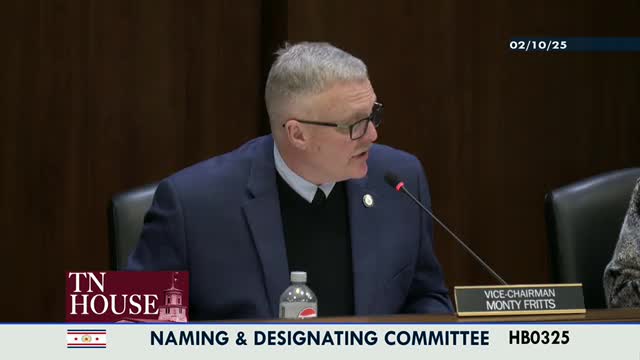
Committee recommends special observance honoring Sister Sandra Smithson
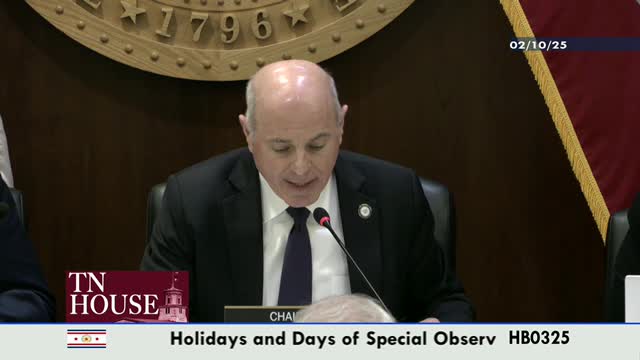
Committee advances bill to designate March as Father Charles Strobel Day
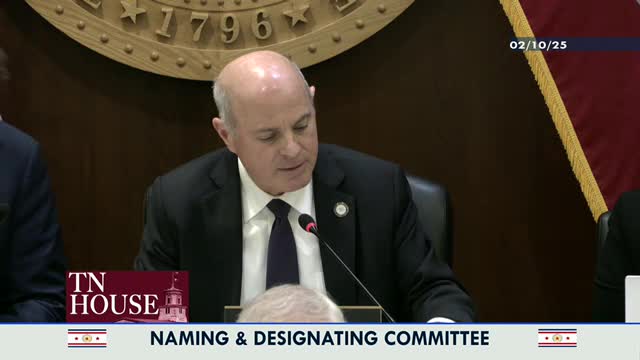
Committee gives mixed recommendation to make Arrested Development’s "Tennessee" a state song
